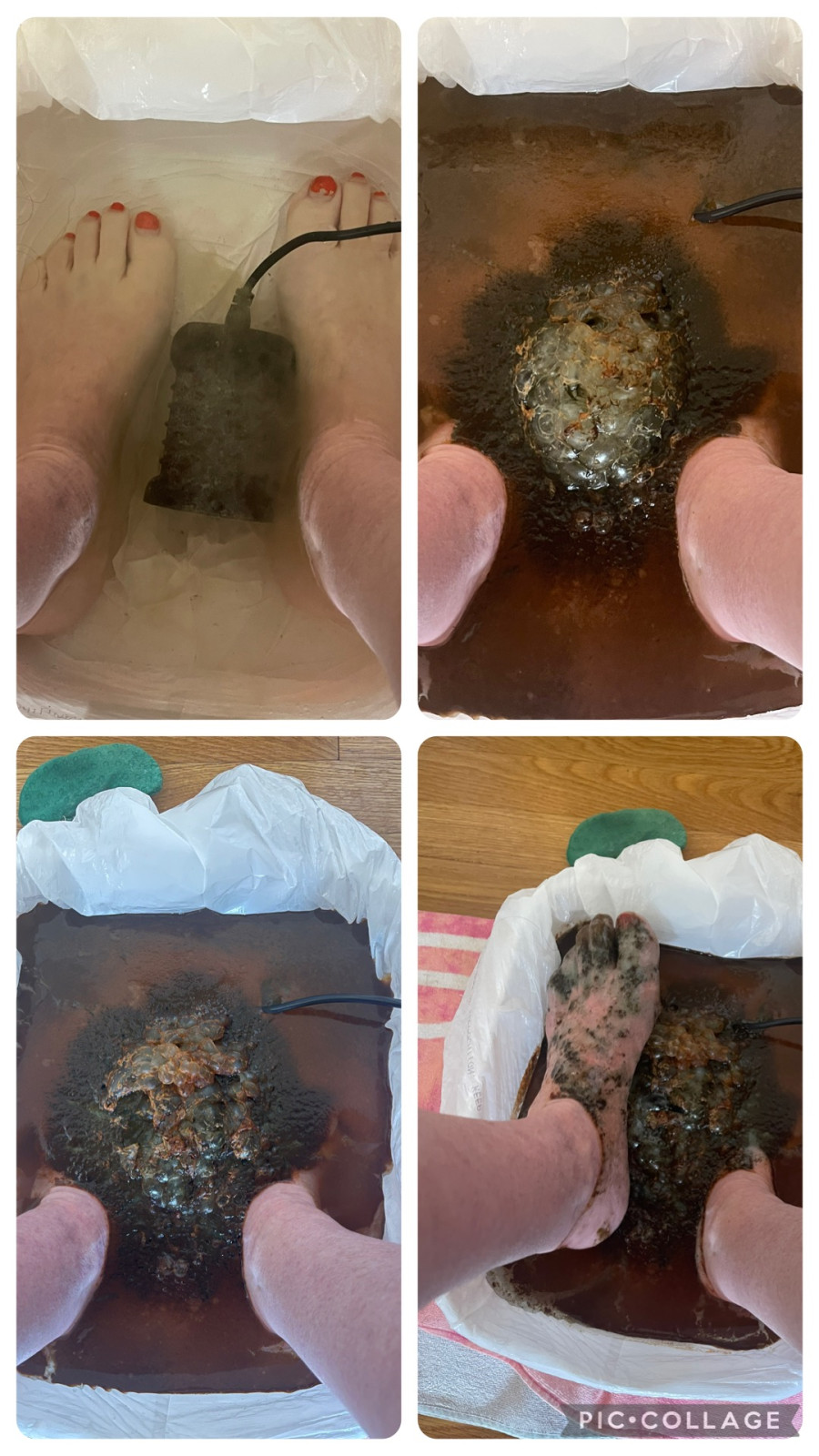
Unlocking the Power of Digestive Enzymes: From Food to Supplements
In our quest for better digestion and overall health, digestive enzymes play a crucial role. These biochemical catalysts break down food into smaller, absorbable components, allowing our bodies to extract vital nutrients and energy. But did you know that the body needs sufficient minerals to produce enzymes efficiently? Let's dive into why minerals are essential and how we can ensure we're getting enough to support optimal enzyme production.
The Role of Minerals in Enzyme Production:
Minerals serve as co-factors for enzyme activity, meaning they are required for enzymes to function properly. Without an adequate supply of minerals like magnesium, zinc, iron, and selenium, the body may struggle to produce enough enzymes to support digestion effectively. Therefore, ensuring sufficient mineral intake is crucial for maintaining optimal enzyme production and digestive health.
Obtaining Enzymes from Food:
Historically, our ancestors obtained enzymes from raw, enzyme-rich foods like fruits, vegetables, nuts, and fermented foods. However, modern food processing, cooking methods, and agricultural practices have led to a decrease in the enzyme content of many foods. While consuming enzyme-rich foods is still beneficial, it may not always provide an adequate supply of enzymes due to these factors.
Supplementing with Digestive Enzymes:
To bridge the gap between dietary enzymes and optimal enzyme production, supplementation can be beneficial. Look for high-quality digestive enzyme supplements containing key enzymes like amylase, protease, lipase, cellulase, and lactase. Additionally, ensure you're getting enough minerals in your diet or consider mineral supplementation to support enzyme production.
Timing is Key:
When it comes to enzyme supplementation, timing matters. Taking enzymes with meals can support digestion by providing additional enzymes to aid in the breakdown of food. This can be particularly helpful for individuals with digestive issues or those consuming meals high in complex carbohydrates, proteins, or fats. On the other hand, taking enzymes on an empty stomach can support detoxification processes by helping break down accumulated waste and toxins in the digestive tract.
Conclusion:
Incorporating enzyme-rich foods into your diet is essential for supporting digestion and overall health. However, due to the decline in enzyme content in modern diets and the body's need for sufficient minerals to produce enzymes, supplementation may be necessary to ensure optimal digestive function. By choosing high-quality digestive enzyme supplements, ensuring sufficient mineral intake, and timing their intake with meals or on an empty stomach, you can support efficient digestion, nutrient absorption, and detoxification, paving the way for better health and vitality.
Ready to unlock the power of digestive enzymes and optimize your digestive health?
I can share with you my favorite ways to get high-quality digestive enzyme supplements and take the first step towards a healthier, happier you!













0 Comments